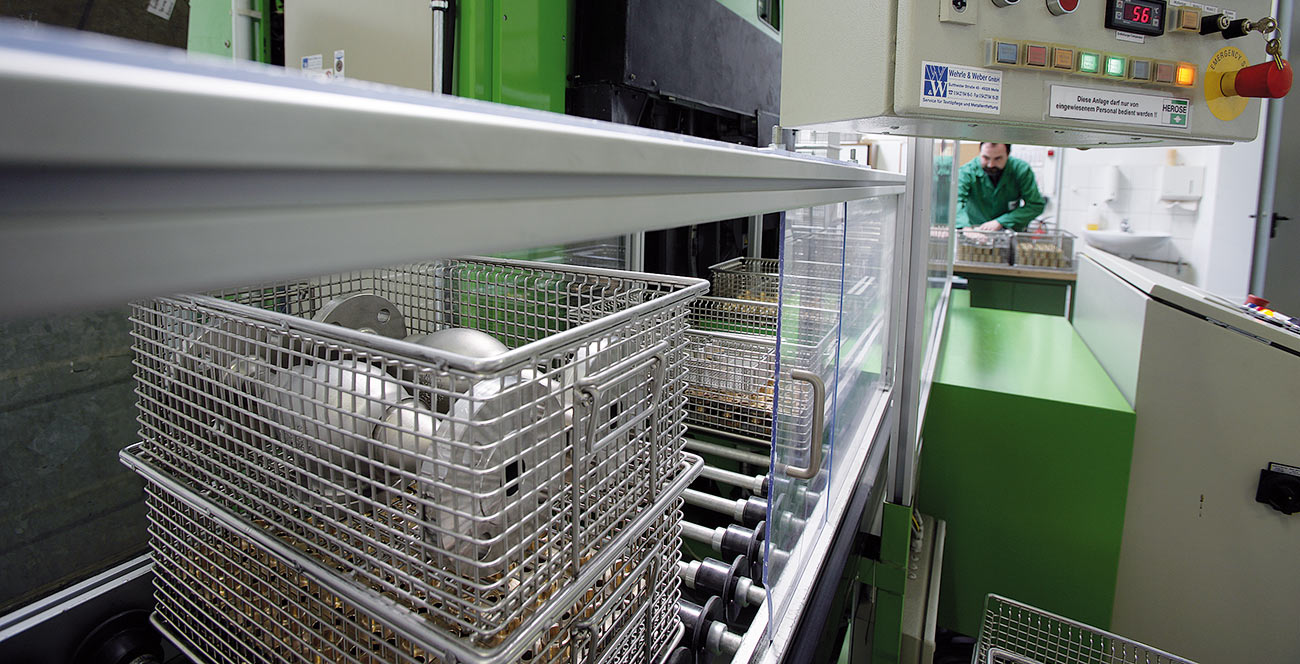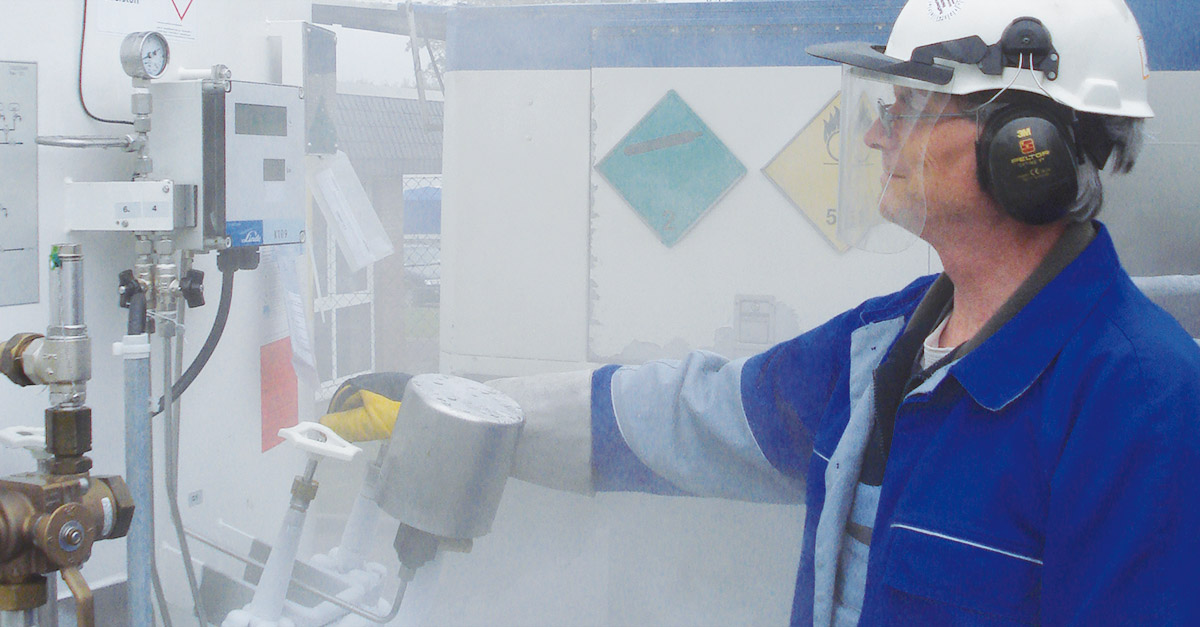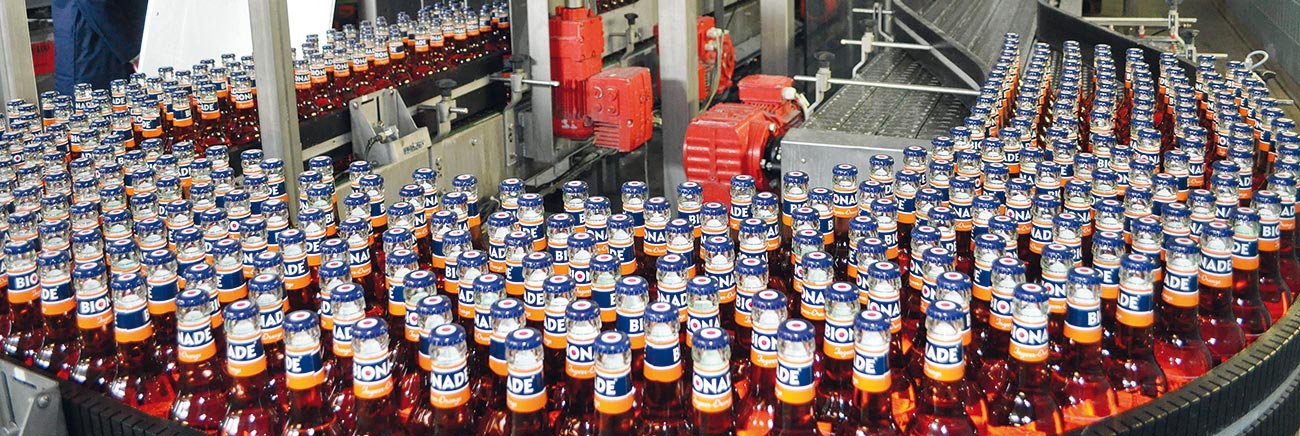Why the absence of oil and grease is so important
Lubricants can easily be ignited whenever oxygen comes into play
Shut-off valves are installed in many industrial systems; usually, the screw threads (spindle threads) must be lubricated with oil and grease to reduce friction. This process, which in almost all cases does not cause any problems, can lead to serious accidents with valves which are intended for use with oxygen. Why is this? Oils and greases can spontaneously ignite in atmospheres which are enriched with oxygen. In principle, all organic materials and most metals and metal alloys burn in oxygen.
All HEROSE valves are inspected
Pressure influences material behaviour, for example by decreasing the ignition temperature and increasing the combustion speed. Therefore, in a pressure oxygen system, for example, only materials and parts are used for which the design is approved for the relevant operating conditions. Oil and grease are – in contrast to oxygen – extremely dangerous because they can easily be ignited and burn explosively. Oil and grease often cause a chain reaction in oxygen equipment which may even cause metal to burn or melt. In such cases, the remains of the melted or burned metal are ejected out of the valve casing and oxygen can then leak out. This can cause fire to spread intensely and quickly to neighbouring inflammable material outside of the equipment. Oil and grease must never be used to lubricate a valve spindle if it comes into contact with oxygen.
Because of this, HEROSE valves are properly prepared through the use of suitable material pairs, a special construction design, careful, sometimes manual finishing of the individual assembly under special clean room conditions. All materials used are tested at the Federal Institute for Material Testing (BAM) with test procedures in accordance with DIN EN 1797 in order to verify their usability in connection with oxygen. To check for the presence of oil and grease, each valve is subjected to a cleaning process specifically developed for the valve, regardless of its later use.
Cleaning results are regularly monitored and are subject to the requirements of the European Standard EN 12300 “Purity for cryogenic operation”. Actual values must be far below the limiting value of 500 mg/m² stipulated in this standard because some customers’ specifications only allow 100 mg/m². Due to the special cleaning procedure, HEROSE achieves a purity value below 20 mg/m², which is four times lower. The high purity is documented on the foil packaging of every individual valve; fulfillment of requirements is also confirmed in the acceptance test certificate. Thus, all HEROSE cryogenic valves are suitable for oxygen use – special instructions on the presence of oil and grease are not necessary in the order.




